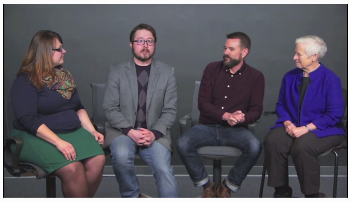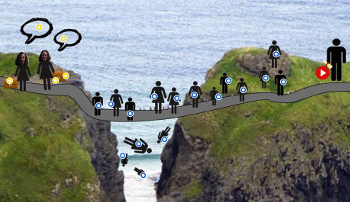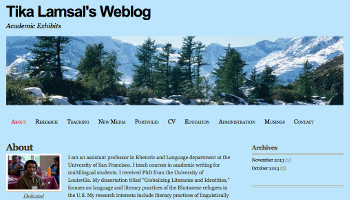Special Topic: CIWIC/DMAC, Technology, and Professional Development
Editor: Trey Conatser
Curatorial Consultants: Scott Lloyd DeWitt and Cynthia Selfe
Trey Conatser
Scott Lloyd DeWitt
Paula Miller
Cynthia Selfe

Techne in 60:
The History and Practice of the Concept in 60
Scott DeWitt
Brian Harmon
Dundee Lackey
Christina LaVecchia
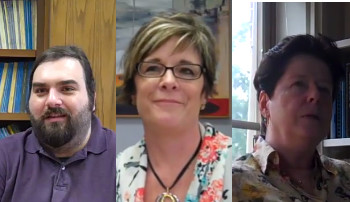
“There and Back Again”:
How DMAC Shaped the Professional Growth of Three Departmental Colleagues
Nicky Adams
Margaret M. Strain
Patrick Thomas
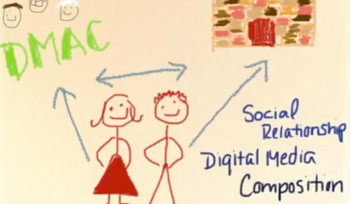
Networked Composing:
DMAC as Community of Practice
Erin Kathleen Bahl
Kaitlin Clinnin
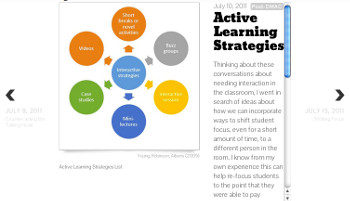
Linking Message and Mode:
A Case Study in Technical Training and Multimodality
Elkie Burnside
Ginger Grey
Jessica Halliday
Tika Lamsal
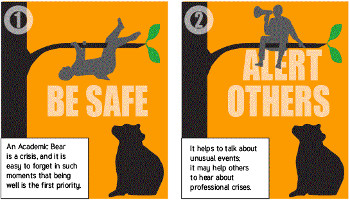
CIWIC Through the Pines:
Workshop Memories and Long-Term Professional Development
Les Loncharich

Breaking Trail:
A Brief History of Visiting Scholars in DMAC
Ben McCorkle

Returning Adults in the Multimodal Classroom
Lynn Reid
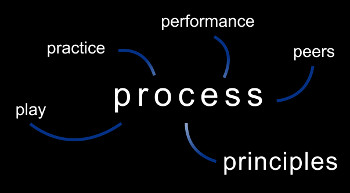
A Partial Taxonomy of Technological Professional Development
Tisha Turk
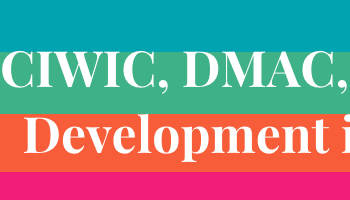
Computers and Composition Online
(Spring 2015)
Special Issue: CIWIC, DMAC, and Technology Professional Development in Rhetoric and Composition
